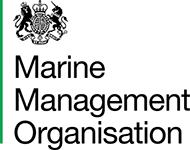We have valued the support, insights and expertise HMC have provided us over the last couple of years. Dickon and the team are reliable, trusted professionals who provide high quality contributions into our marine projects and activities.
Olivia Thomas, Head of Marine Planning, The Crown Estate











